|
My 5th novel, Confessions releases on 11/29/22. I've received a pretty good review from Kirkus, which you can read here (the review does get a bit into certain plot points though, so it's a bit spoilerish). Big thanks for Hex Publishers for taking a chance on the manuscript, and I hope readers enjoy it!
0 Comments
I'll be appearing at the Colorado Festival of Horror to do a signing and meet & greet on Friday, September 9th from 5-6 PM. I'll have copies of The Feast of Panthers you can purchase, and I'll also be signing any of the various anthologies I've appeared in from Hex Publishers. Would love to meet fans (if I have any) and make new friends.
The Colorado Festival of Horror is being hosted at the Embassy Suites by Hilton Denver Central Park, 4444 Havana Street. I should have posted this about a week ago, but The Feast of Panthers is now alive, available at all the usual places, and of course the publisher's website. I just received my author copies the other day, and I think the book production is just wonderful.
Here's the tentative cover art for another forthcoming novel (from Rebel Satori Press) called The Feast of Panthers. This is a novel about Oscar Wilde discovering a supernatural conspiracy based on an ancient Egyptian deity who seeks to reestablish her religion in Victorian England, and wants Wilde to become her new High Priest. It's sort of a homage to novels like Dennis Wheatley's The Devil Rides Out and She by H. Rider Haggard.
The Feast of Panthers will be published on August 23 and is intended to be the second book in what I call my "writer's trilogy," of which Lord Byron's Prophecy was the first. The third book, Lost Story, will tentatively come out next year from Hex Publishers and is more of a straight literary/historical fiction novel centered around Hemingway. My friend Josh Viola and I have a story called "The Ballad of the Overeager Gun" in this forthcoming anthology. It has a somewhat strange publication history. We wrote it for an anthology that Silver Shamrock Publishing was doing, but then they closed up shop over some controversies about a forthcoming novel that generated some heated social media exchanges. Then Brigids Gate Press decided to take up the anthology, and we were lucky enough to get the story accepted. I love the cover art.
Our story is an absurdist dark comedy, hopefully horrific enough for everyone to enjoy. Here's the cover for my next novel, Confessions, coming out in November from Hex Publishers. I love this cover art. The story is very close to me too. Hopefully it finds an audience!Artwork for my story "A Nugget of Wisdom," which will be appearing in the forthcoming anthology Shadow Atlas, which releases on November 30th, 2021. I've been fortunate to appear in many great anthologies over the years, but Shadow Atlas will be the nicest and most exciting in terms of the imagination and skill put into the design of the book and it's interior layout.
Shadow Atlas is a compendium of lore from the Americas. Most are focused on Central and South America, but my story focuses on the Lost Dutchman's Mine legend from Arizona. Hopefully it proves to be an engaging read worthy of inclusion. I'm happy to report I'll have a story called "Diminished Seventh" in this interesting forthcoming anthology based around some of the (public domain) monsters of classic cinema. This is another story co-written with my friend Josh Viola. One of my favorite aspects about writing for themed anthologies is trying to come up with something unique and extraordinary. We figured most of the stories would revolve around interpretations of Dracula, the Wolfman, Frankenstein's creature, and so forth (and it seems we were right in that regards). So we scavenged through the old horror tales of the early 1920s and landed upon a German expressionist movie called The Hands of Orlac. There was so much rich potential there that we knew right away this is the character we were going to use.
The end result is, I think, one of the best stories I've ever been involved in creating. It'll be exciting to see the story in print around July of 2022. But I don't think I'm done with Orlac. I've written one libretto in my life. I think something pertaining to this poor pianist is going to be the basis of libretto #2. I filmed an episode of Making It Up, hosted by my friend Carter Wilson. Carter is a very successful novelist, writing mainly in the thriller and suspense categories, though he's certainly not confined to any genre. Together we talk about the writing process, important moments in our writing lives, and then play a game at the end where we make up a short story on the spot. Check it out!
Tor has reprinted my story "The Devil's Reel," co-written with Josh Viola. You can read it here.
|
AuthorSean Eads is a writer living in Denver, CO. Originally from Kentucky, he works as a reference librarian. Archives
November 2022
Categories
All
|
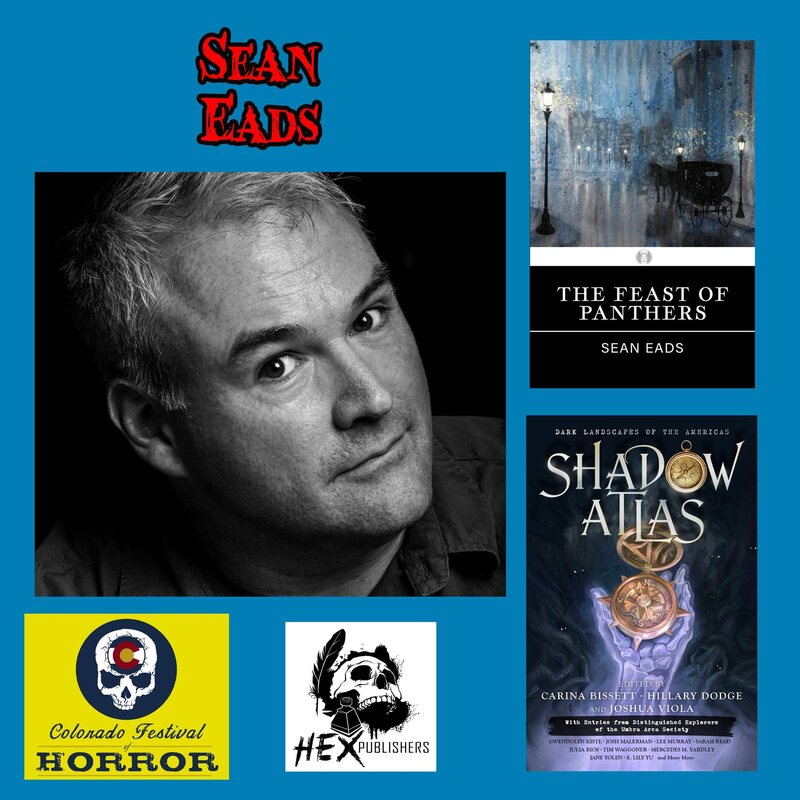
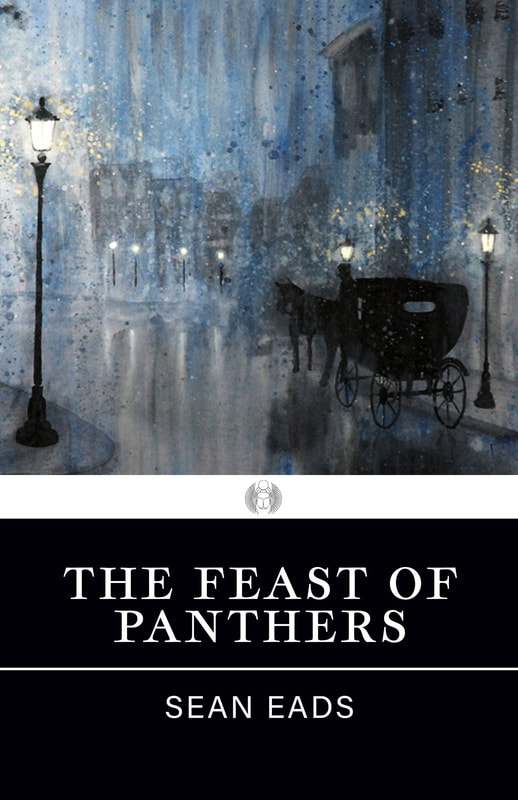
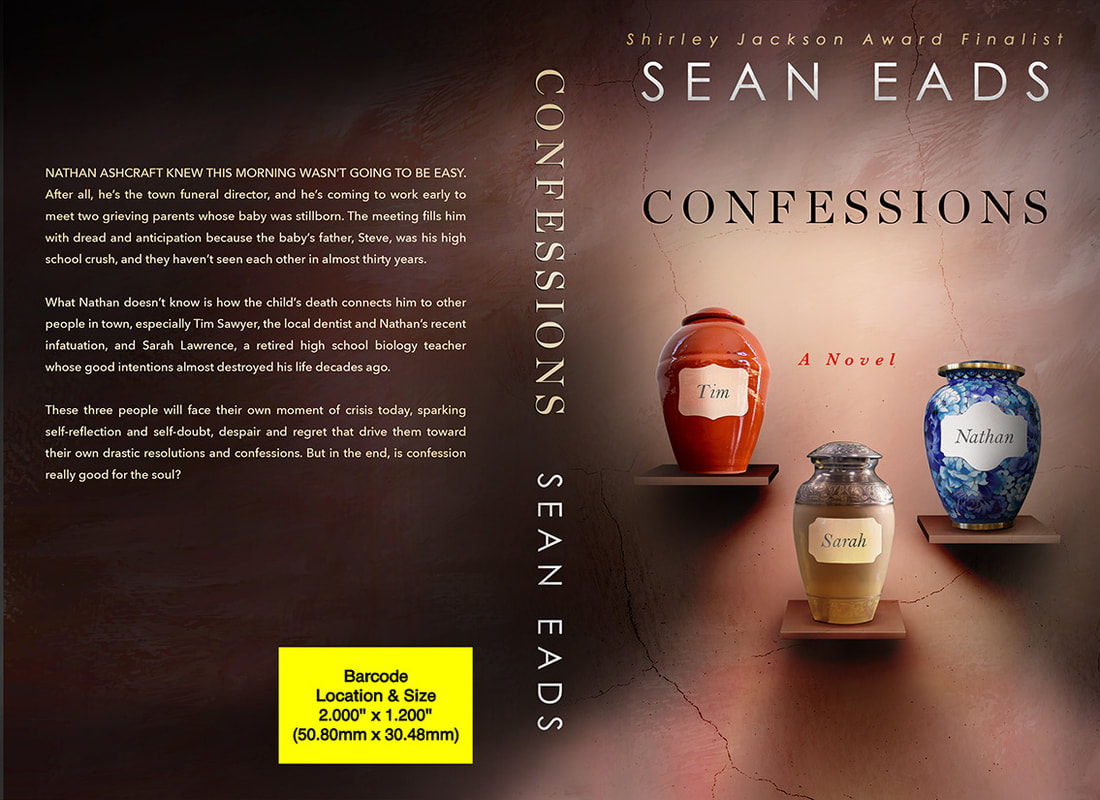
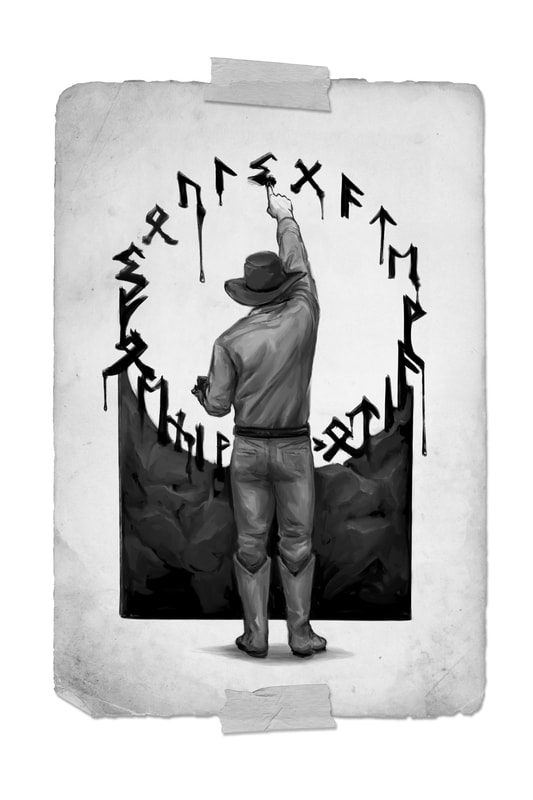
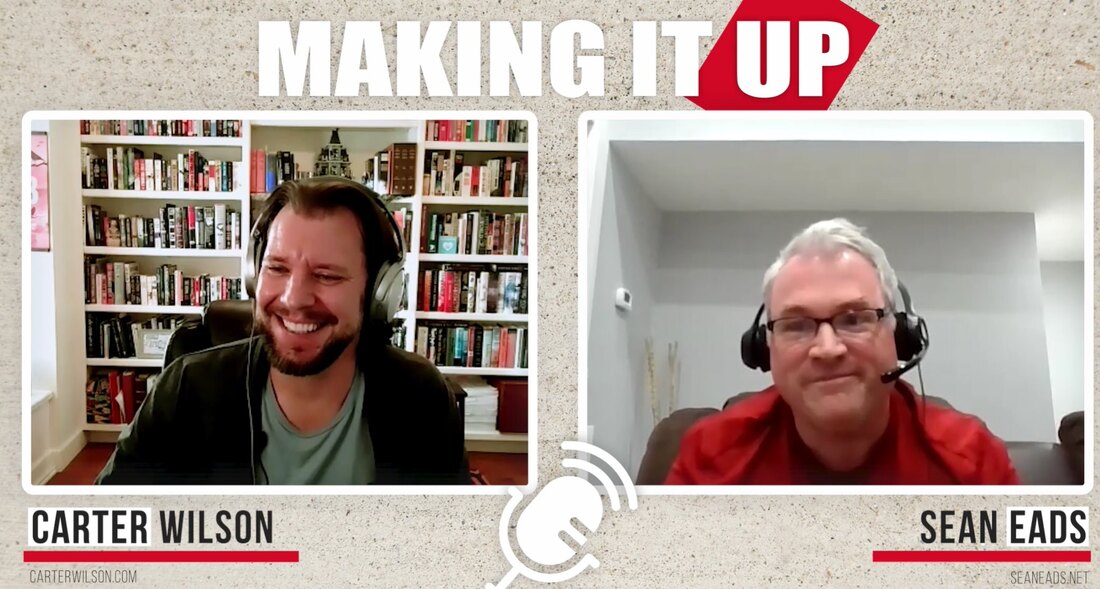
 RSS Feed
RSS Feed
